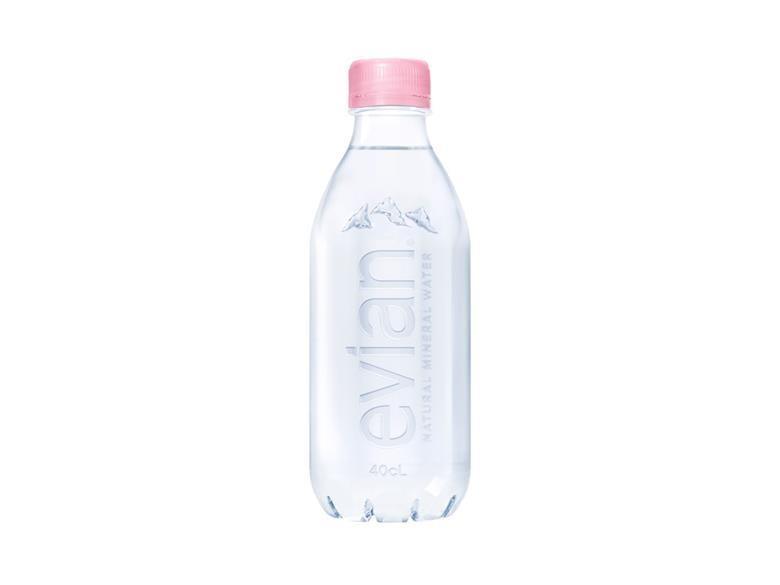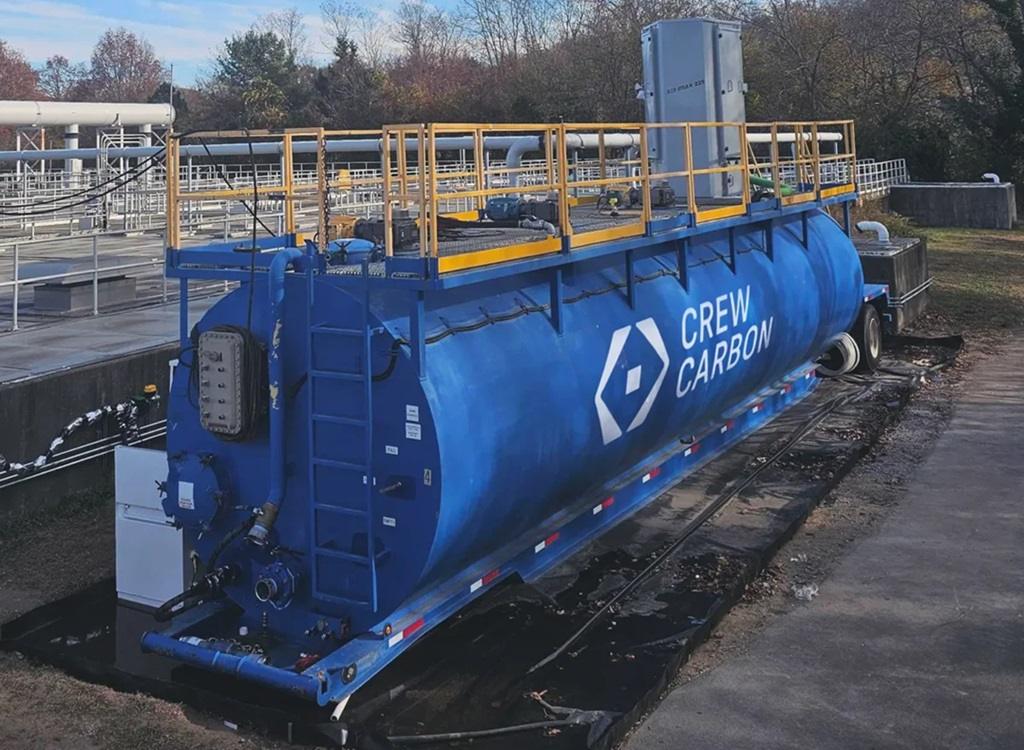Danone Sued Over Plastic Use
A group of environmental and legal campaign organizations, including ClientEarth, Surfrider Foundation Europe and Zero Waste France announced today that they have filed a lawsuit against France-based global food and beverage company Danone aimed at requiring the company to address its use of plastic, and to provide transparency into the environmental impact of its plastics footprint.
In a statement announcing the launch of the lawsuit in the Paris Tribunal Judiciaire, ClientEarth plastics lawyer Rosa Pritchard said:
“Danone is trudging ahead without a serious plan to deal with plastics, despite clear concern from climate and health experts and consumers, and a legal obligation to face up to the issue.”
According to ClientEarth, Danone is one of the top ten global corporate plastic polluters, using more than 750,000 tonnes of plastics for packaging in 2021, for brands including Evian, Volvic and Activia. Other companies on the top-10 list include The Coca-Cola Company, PepsiCo, Nestlé, Unilever, Mondelēz, Mars, Procter & Gamble, Philip Morris International, and Ferrero Group.
In the statement, the groups allege that Danone is failing to live up to its obligations under the French ‘Duty of Vigilance’ law to reduce its plastic footprint. The law requires large companies to have a vigilance plan to assess and prevent their operatinal impacts on the environment and human rights.
The organizations launched a campaign against several food companies operating in France, including Nestlé France, Danone, McDonald’s France, and Carrefour, among others, warning them to align their plans with the French law. While Danone responded to the campaign, the organizations said that “the response was insufficient and did not adequately address their demands.”
Danone has been recognized as one of the world’s top companies in terms of environmental transparency, and was one of only 12 out of more than 18,000 companies to achieve “Triple A” status in CDP’s 2022 assessment of environmental disclosure by achieving top scores in all three categories of Climate Change, Forests, and Water Security.
While the company’s corporate sustainability goals include a circular economy target to reach 100% recyclable/reusable/compostable packaging by 2025, ClientEarth said that “recycling is a limited solution as only 9% of plastics ever made have been recycled.”
Pritchard added:
“[Danone] continues to rely on single-use plastic packaging in the hopes that recycling will miraculously deal with the flood of plastics it puts on the market.”
Under the lawsuit, the organizations are asking for Danone to map the impacts of its plastics use on the environment, climate, health and human rights across the value chain, provide an assessment of its plastic footprint across the production, logistics, promotion and packaging of its products, and to put together a “deplastification” plan included quantified and dated objectives.
In a statement provided to ESG Today after the announcement, Danone said that it was “very surprised by this accusation, which we strongly refute.”
Danone added:
“We are implementing a comprehensive framework of actions aimed at reducing the use of plastic, developing reuse, strengthening collection and recycling schemes, and developing alternative materials.”
The company also noted its progress on addressing its plastic footprint, including a 12% plastic reduction globally between 2018 and 2021, as well as its support for the adoption of a legally binding UN-backed treaty to end plastic pollution.





